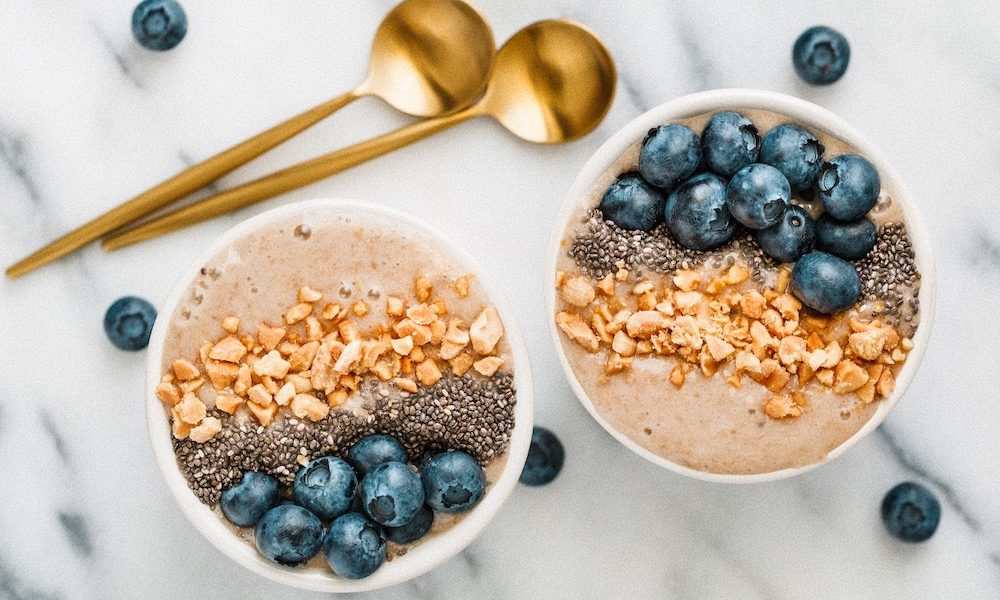We’ve all heard the saying, “you are what you eat”, but the meaning behind it may be more harmful than good. Here’s why your health goes way beyond food.
BY: KATHERINE METZELAAR, MSN, RDN, CD
We live in a world that idealizes diets and restriction, often glamorizing undernourishment and placing celebrities front and center of product placement and perpetuating dieting “tips, tricks, and potions”.
No wonder over 90% of women are insecure about their bodies and appearance, often driven by the feeling that their worth is based on how much they can restrict to achieve thinness, or how perfectly healthy they can eat.
After all, how many times have you heard the phrase tossed around, “you are what you eat”?
But what are those that use this phrase actually saying to us? And most importantly, how do you hear it?
If we take a closer look, what’s being implied is that your identity and worth as a human is wrapped up in what, how, when and in what way you eat.
It associates your food intake with your value and has a twinge of morality woven through it. Do you feel that?
It’s also important to keep in mind that it’s an incredibly privileged statement to make. If you are socio-economically challenged, what does that phrase then mean? What if you were disabled and have limited access to resources and activities that are considered “healthy”?
The list could go on.
Because you exist in a culture of dieting, the types of messaging that you are exposed to from a young age will shape, form and influence your relationship with food, your body, and how it continues to be affected by it.
That’s why the notion of “you are what you eat” becomes more complex, and carries a more corrosive meaning.
But what if I told you that you are not what you eat? What if you knew on a fundamental level that your purpose and value in this life was less about what you eat and more about all the other things you are.
After all, your life matters more than how many veggies you consume, how little carbs you are eating, how few calories you are taking in, or what food groups you are avoiding.
As a nutrition health professional, I would never negate the power of foods. However, I also understand that it’s unnecessary to integrally intertwine your identity with what you eat. It can lead to many negative consequences, such as disordered eating patterns, shame, binge eating, and eating disorders.
You are so much more than what you eat, and much more than what you restrict. You are a unique gift to this world, with so many things to offer. You are a vessel of experiences, uniqueness, intelligence, and love. You have skills, talents, and a presence that no one else does.
This world needs more of you, and less of the things that are limiting your power, and holding you back from pursuing the things that light you up.
More than anything, that’s what I want you to always believe.
Adapted from the original post.
HEADER IMAGE: ANFISA KAMENEVA
Katherine Metzelaar, MSN, RDN, CD is the owner of Bravespace Nutrition, a private Nutrition practice in Seattle, WA. She specializes in disordered eating, eating disorders, and body image healing. She is passionate about size diversity and equality, and helps women to find food freedom free from perfectionism.

